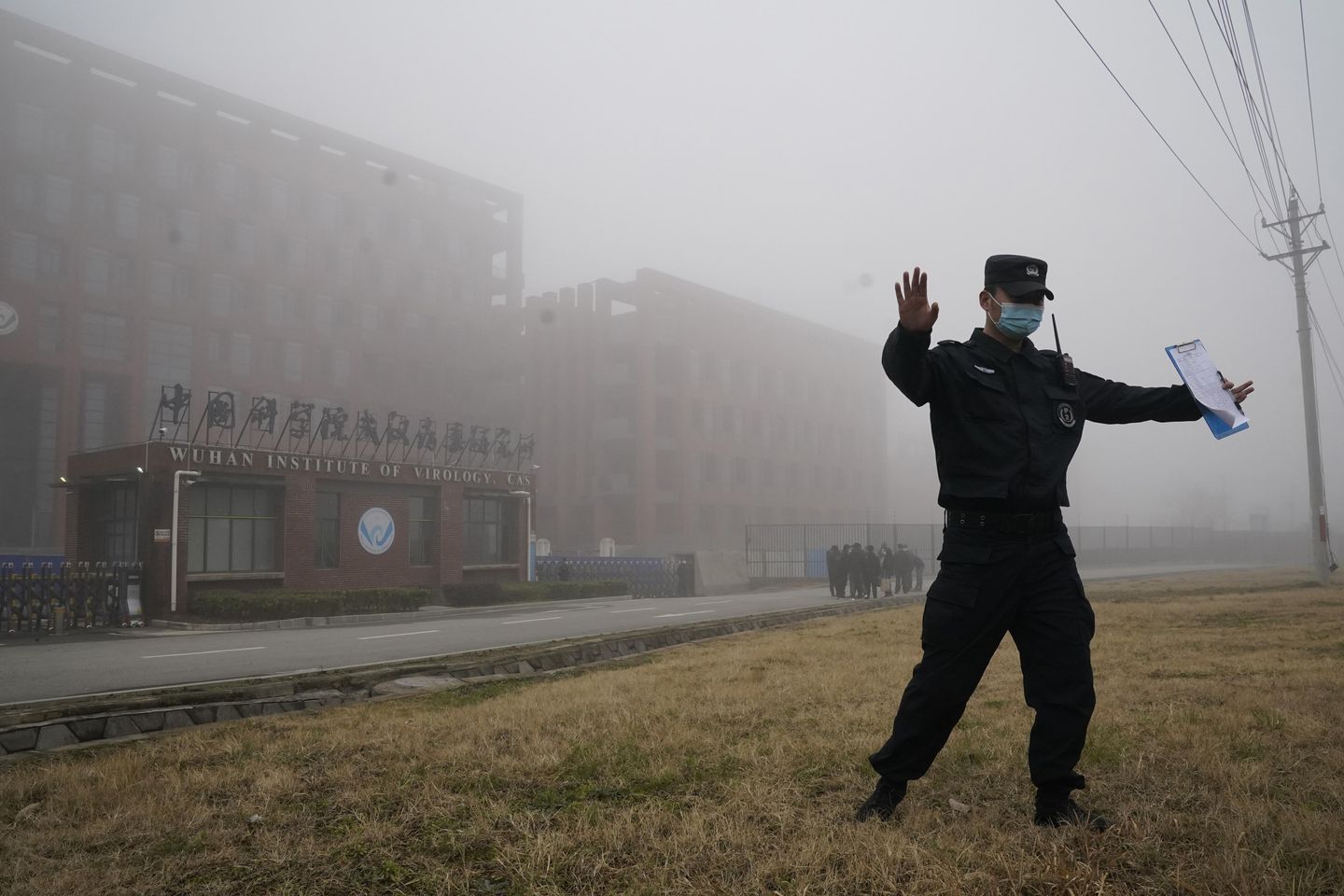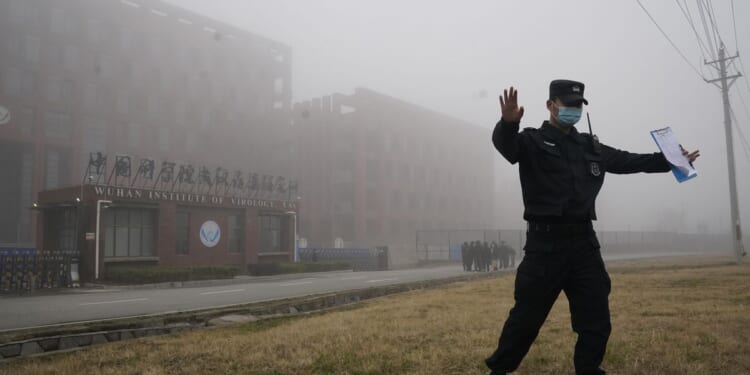
The president of EcoHealth Alliance, which used taxpayer money to fund research at the Wuhan virus lab, will appear before Congress next month to defend his firm’s work.
House Republicans who announced the meeting said Dr. Peter Daszak needs to clear up “inconsistent” information he’s given about EcoHealth’s role in the Wuhan Institute of Virology’s work, which many experts now believe helped spawn the coronavirus pandemic.
They said his statements in a November appearance behind closed doors don’t match documents that the committees have seen.
“These revelations undermine your credibility as well as every factual assertion you made during your transcribed interview,” wrote five Republicans, all chairs of committees or subcommittees exploring the coronavirus origin.
“The Committees have a right and an obligation to protect the integrity of their investigations, including the accuracy of testimony during a transcribed interview. We invite you to correct the record,” they wrote.
EcoHealth received funneled U.S. money to the lab for coronavirus research. But there is a disagreement over whether that money funded what’s known as “gain of function research,” which is where viruses are pushed to develop new features, including ones that might make them deadlier, to understand how they might evolve.
A federal inspector general has dinged EcoHealth and the National Institutes of Health, which provided some of the funding, for failing to keep adequate controls on how the Chinese laboratory used it.
The audit concluded EcoHealth bungled a required notification to NIH after Wuhan’s research crossed lines. EcoHealth objected to that finding, saying it did raise the issue in some reports.
The GOP-led committees say Dr. Daszak told them last year that he planned to use a lab at the University of North Carolina to conduct the gain-of-function research. But the Republicans said documents contradict that, indicating EcoHealth really wanted the research to be done in Wuhan, where the committees said safety standards were weaker.
One of the documents the committee has is a draft proposal sent to others, including the head of the Wuhan lab, where Dr. Daszak said he was promising work in the U.S. to try to assuage concerns, but planned to figure out how to allocate the money once the grant was approved.
He said some of the testing could be done in Wuhan.
The Washington Times has reached out to EcoHealth for comment.

